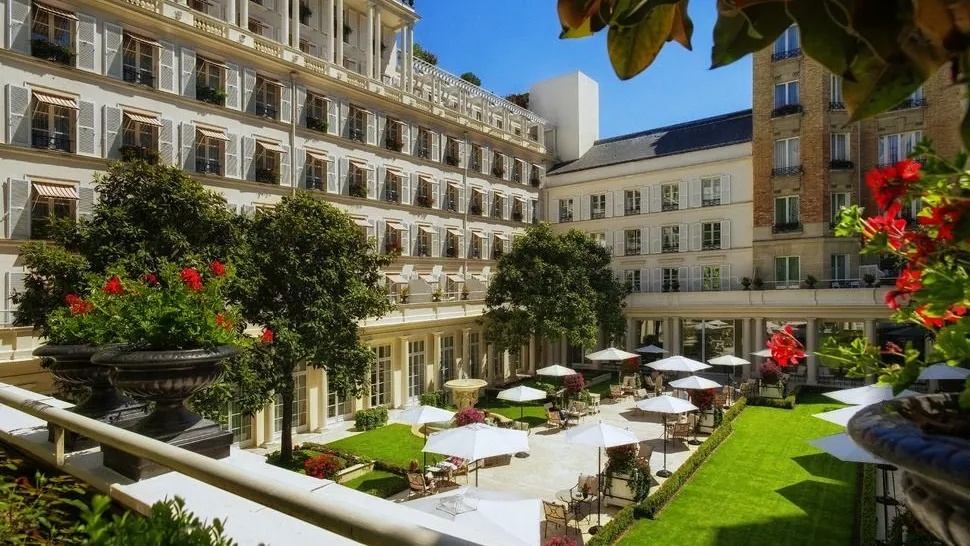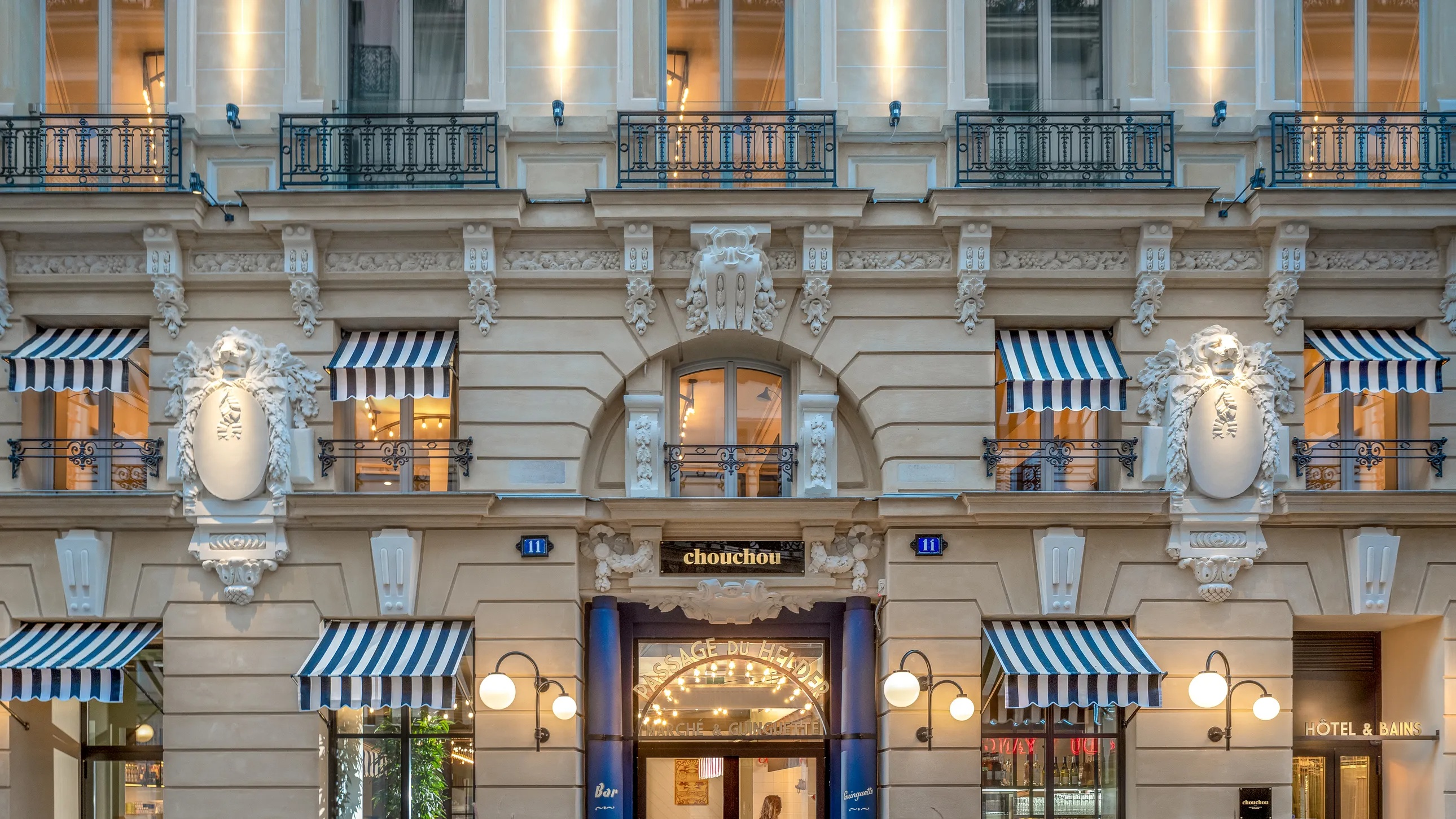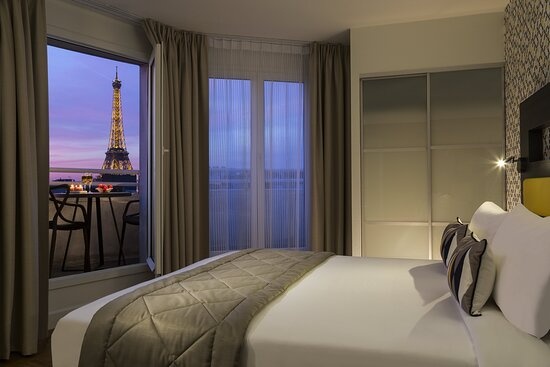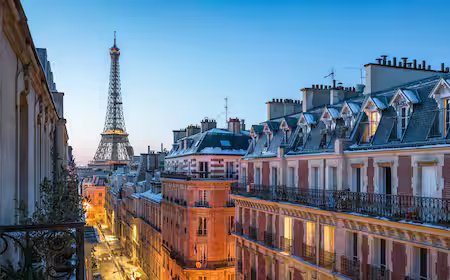Learn About Paris Hotels: Detailed Information, Facts, and Travel Insights
Paris is one of the world’s most visited cities, attracting millions of travelers every year for its art, culture, food, and history. Hotels in Paris play an essential role in supporting tourism by offering a wide range of accommodations, from budget hostels and boutique stays to luxury five-star properties near landmarks like the Eiffel Tower and the Louvre Museum.
The concept of hotels in Paris dates back centuries, evolving alongside the city’s growth as a cultural and political center. Today, Paris boasts thousands of registered hotels, along with alternative accommodations like serviced apartments, Airbnb rentals, and boutique guesthouses.
Travelers seek detailed information about Paris hotels not only to find a place to stay but also to understand the differences in location, pricing, amenities, and accessibility. For many visitors, the choice of hotel is as significant as the attractions themselves.
Importance of Paris hotels today
Paris hotels matter because they directly influence travel experiences. Choosing the right accommodation can improve comfort, safety, and access to major attractions.
-
Who it affects:
-
International tourists visiting for leisure
-
Business travelers attending conferences and events
-
Students, researchers, and long-term residents requiring temporary stays
-
Families seeking safe and convenient neighborhoods
-
-
Problems solved by hotels in Paris:
-
Offering a range of price options, from budget hotels to luxury suites
-
Providing accessibility for travelers with disabilities
-
Enhancing security and convenience compared to unregulated stays
-
Supporting sustainable tourism with eco-friendly certifications
-
Hotels also serve as a major economic driver, employing thousands of workers and contributing significantly to France’s tourism industry, which remains a vital part of the national economy.
Recent updates and trends in Paris hotels
The hospitality industry in Paris has undergone significant changes in the past few years.
-
Sustainability focus (2023–2024): Many Paris hotels are adopting eco-friendly practices, including energy-saving systems, reduced single-use plastics, and organic food offerings.
-
Digital check-ins (2023): More hotels are moving toward digital self-check-in and contactless services to streamline guest experiences.
-
Rising prices (2024): Hotel rates in Paris have increased due to high demand, inflation, and events like the Paris 2024 Olympic Games, which drew global attention and bookings months in advance.
-
Boutique hotel popularity (2024–2025): Travelers are showing increased interest in smaller, design-focused hotels that reflect Parisian culture and art.
-
Airbnb regulations (2023): Alternative accommodations are being closely monitored by the Paris government, pushing many travelers back toward regulated hotels.
A chart can illustrate the trend in average hotel prices over the last five years:
| Year | Average Price per Night (€) | Key Event Influencing Prices |
|---|---|---|
| 2020 | 120 | Pandemic travel restrictions |
| 2021 | 135 | Gradual reopening |
| 2022 | 150 | Return of international tourism |
| 2023 | 165 | Demand recovery & regulations |
| 2024 | 190 | Paris Olympics preparation |
Laws and policies affecting Paris hotels
Hotels in Paris operate under strict rules and regulations to ensure safety, fairness, and quality.
-
Tourist Tax (Taxe de Séjour): Travelers pay a nightly tax that varies by hotel category. Luxury hotels have higher rates, while budget hotels charge less. This tax funds local infrastructure and cultural preservation.
-
Star Rating System: The French government regulates hotel classifications from 1 to 5 stars, ensuring transparency in services and amenities.
-
Accessibility Requirements: Hotels must comply with European Union accessibility laws, offering facilities for guests with disabilities.
-
Short-term Rental Regulations: To protect the hotel sector, Paris enforces strict limits on Airbnb and other platforms, requiring registration and limiting the number of rental days.
-
Sustainability Initiatives: Many hotels must comply with environmental standards, including energy efficiency, recycling programs, and certifications such as Green Key.
These policies aim to protect both visitors and residents, ensuring that Paris remains a sustainable and welcoming destination.
Tools and resources for planning a stay in Paris hotels
Travelers can make informed decisions using tools, apps, and websites that provide detailed hotel insights.
-
Booking platforms:
-
Booking.com
-
Expedia
-
Hotels.com
-
TripAdvisor reviews for customer experiences
-
-
Transportation and maps:
-
Google Maps for travel times between hotels and attractions
-
RATP app for Paris metro and bus routes
-
-
Budget and price checkers:
-
Kayak for price comparisons
-
Skyscanner for bundled travel deals
-
-
Government resources:
-
Paris Tourist Office website for updated regulations
-
French Ministry of Tourism for hotel classification details
-
-
Other useful apps:
-
Citymapper for local navigation
-
XE Currency for real-time exchange rates
-
These resources save travelers time and money, while also ensuring compliance with local rules.
Frequently asked questions about Paris hotels
Are hotels in Paris expensive?
Paris hotels range from budget options under €100 per night to luxury suites costing over €500 per night. Prices vary by location, season, and events such as the 2024 Olympics.
Which area is best to stay in Paris?
Popular districts include the 1st arrondissement (near the Louvre), 7th arrondissement (Eiffel Tower), and Le Marais for culture and nightlife. Travelers on a budget often choose areas near Gare du Nord or Montmartre.
Do Paris hotels charge city tax?
Yes, the tourist tax (taxe de séjour) is mandatory and charged per night. It is usually collected at check-out and varies by hotel category.
Are Paris hotels safe for solo travelers?
Yes, most hotels follow strict security standards. Choosing a registered hotel with verified reviews adds extra assurance for solo travelers.
Can I find eco-friendly hotels in Paris?
Yes, many hotels are certified under sustainable tourism programs like Green Key or EU Ecolabel, offering eco-conscious options for travelers.
Conclusion
Paris hotels form the backbone of the city’s thriving tourism industry, offering a wide spectrum of accommodations to suit every type of traveler. Recent updates such as sustainability initiatives, digital check-in systems, and stricter regulations around short-term rentals have shaped the hotel landscape.
Understanding hotel categories, government policies, and available tools can make travel planning smoother and more cost-effective. Whether travelers seek budget-friendly stays or luxury experiences near Paris landmarks, the city’s hotel industry continues to adapt to global trends while preserving its cultural charm.





